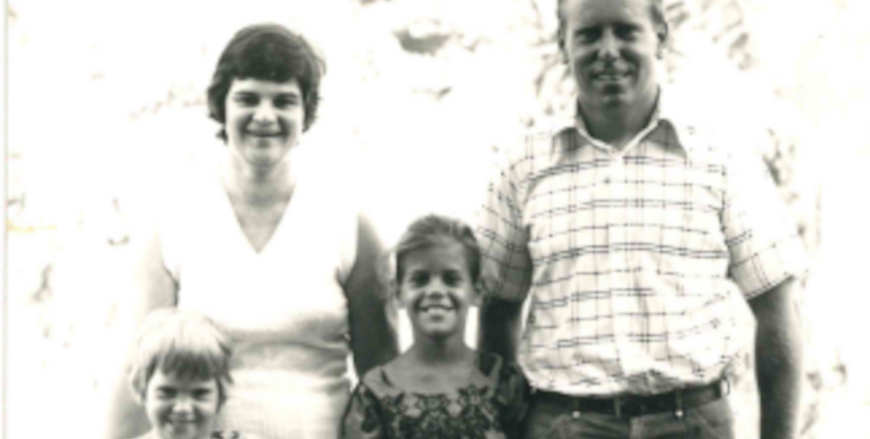Dennis and Ros Mickan served in Papua New Guinea between 1972 and 1985. Following miscellaneous short assignments in various locations, they arrived, ‘green as green’ with two young girls at Kurum coconut Plantation on Karkar Island. Days began with morning devotions and roll call, followed by the boss boy giving out work assignments to up […]
Dennis and Ros Mickan served in Papua New Guinea between 1972 and 1985.
Following miscellaneous short assignments in various locations, they arrived, ‘green as green’ with two young girls at Kurum coconut Plantation on Karkar Island.
Days began with morning devotions and roll call, followed by the boss boy giving out work assignments to up to 100 workers. As the days continued, assignments were carried out and workers and machinery were doing what was needed.
The Mickan family then moved to Malahang Plantation, where they spent seven years. Malahang was primarily a cattle station on 1,000 acres of ground, with some 800 cattle including Brahman beef and 100-150 milking cows.
Milking produced 100 gallons a day, which supplied Lae’s mission community, the army barracks and some milk bars. Beef were sent to the abattoirs and Ros and her helpers slaughtered two beef each week to supply local mission trade stores. One year they couldn’t sell cattle because of an infection by buffalo fly, but in an ordinary year they produced a financial profit to aid the mission. Although plantation work was hard physical work, Dennis and Ros had a policy to never ask workers to do what they weren’t prepared to do themselves.
After three years, Dennis and Ros sold the dairy part of the business when a private firm was established to bring in powdered milk from New Zealand. They then spent two years back in Australia working in vineyards, before answering the call to return and run Kurum Plantation for another four years. The rich volcanic soil of the island allowed in-planting of low-growing cocoa trees and taller copra-producing palms.
Dennis supervised the plantation work. Family groups worked sections of the cocoa plantation during the ‘flushes’ two or three times a year. The pods were cut off the trees, collected in heaps, then cut in half. The beans were separated from the mucus and put into a box for the seven-day fermenting process, followed by drying in sunshine or kilns. Kurum produced about 10 tonnes of cocoa per year when cocoa was selling for 3000 kina a tonne.
Dennis supervised the harvesting of copra, which involved collecting the fallen coconuts, opening them with a machete, removing the husk, chopping open the nut, draining off the milk, digging out the meat, packing it into the drier, grading and bagging the copra and shipping it to the Copra Board, where it was sold for the making of soap and other products.
Dennis was in demand to help on other plantations, often leaving Ros to manage the whole operation herself. Not everything went to plan on plantations and Dennis and Ros had many experiences of God’s protection in dangerous situations.
Ros managed the plantation’s huge trade store, which also served as a quasi-banking facility when government workers brought their fortnightly pay cheques to purchase their needs (mostly in bulk) and received their change in cash. The trade store handled up to 3000 kina a day.
In the first few years after leaving Papua New Guinea, Dennis and Ros kept in touch with mission personnel while managing the mission flats at Henley Beach, Adelaide.
If you would like to consider the opportunity to serve as a volunteer in mission, serving in practical ways, teaching English, teaching in the seminaries and institutions of our partner churches, or in local churches, you are invited to phone LCA International Mission on (08) 8267 7300 or email lcaim@lca.org.au. For more information, go to https://www.lcamission.org.au/join-gods-mission/volunteer/
Read more stories about volunteering at www.lcamission.org.au/category/join-gods-mission/volunteers/


0 Comment